Games Programming
Diploma and Bachelor

Games Programming Department
From programming languages to your own game engine, we can teach you the skills to change the world with your code. It is particularly important to us that our students familiarize themselves with the workflows of modern game development.
Obviously, virtual reality & mobile will also be a big part of the program and serve to prepare you for your future as a game programmer. In the Games Programming Department, the focus is on practical implementation, which will also help you to build your personal portfolio.
Job profiles in the gaming industry
The games industry is becoming increasingly diverse, and with new technologies come new fields of work. Our professional qualification opens the door to many professional fields – from mobile games to game consoles to virtual reality. Our students don’t just benefit from great career prospects as programmers in the gaming industry; graduates from the Games Programming Department may also embark on a career as gameplay, engine, graphics or AI programmers.

Games Programming
Students' Showreel
Excerpts from the curriculum
Our curriculum combines theory with practice: first you learn the basics of your field, then you apply them in real projects – with a focus on industry standards, interdisciplinary collaboration and market economy aspects. This is the best way to prepare for your career!
Game Programming Basics
Programming Basics, Structured programming, Object-oriented programming, Numeral Systems
Game Development Basics
Game Design Fundamentals, Game Engine Basics, Game Mechanics, Game Mechanisms
Structured Game Development
Design Patterns, Data Structures, Software-Architecture, Engine Tool Extension, Optimization
Game Dynamics
Statistics, Heuristics, AI Basics, Composition Algorithms, Academic Writing
Industry Workflows
Graphics & Shader Programming, Unreal Engine, Online Multiplayer Programming, Game Audio
Possible Final Projects
Online Multiplayer Game, Interactive VR Installation, Render Pipeline, Vintage Text Adventure
Learning and studying

At the SAE Institute, you will find exactly the right model that suits your life situation, depending on the qualification you are aiming for. Whether vocational training, bachelor’s or master’s degree, part-time or full-time – we will accompany you on your way into the media industry.
Professional Qualification
The SAE Diploma provides you with the knowledge and skills you need to carry out work assignments from industry correctly and to a high standard in just 18 months. You will learn about modern hardware and software and current work processes, from the basics to specific applications, and put this knowledge into practice in exercises and projects. The SAE Diploma therefore provides you with the ideal preparation for a career in the creative industries.
The SAE Advanced Diploma builds on the SAE Diploma and expands it to include essential soft skills and market economy aspects. You will work on a larger team project and gain additional routine in your field. In addition, you will be confronted with teamwork and the organisation of team projects, which are an important part of today’s working world. The SAE Advanced Diploma is supplemented by business management aspects such as financial calculation of the project, implementation of project-specific marketing measures and considerations regarding possible distribution channels. This qualifies you for the planning and organisation of more complex media projects.
Academic Degree
Together with our partner university, the University of Hertfordshire in the United Kingdom, you can continue your studies from the SAE Advanced Diploma to a bachelor’s degree.
Interdisciplinary teaching is supplemented by topic-specific support in small groups by specialist lecturers from the Germany-Austria region. These formats take place online – but you continue to use the resources (equipment, facilities, assistance from other students) of your home campus for your projects.
In the Top Up Bachelor’s programme, your project ideas are taken to the next level under the supervision of the partner university. You will acquire additional specialised knowledge and skills and learn to approach creative projects in a structured and planned manner. You will take on the perspective of the creative director, contribute your skills to the project and organise additional people to help you turn your vision into reality.
The Bachelor Programme combines the SAE Diploma, the SAE Advanced Diploma and the Top Up Bachelor into one comprehensive programme. You will receive several intermediate qualifications, gradually qualifying you for your bachelor’s degree. Depending on your personal circumstances, the programme can be completed as a 24-month ‘Fast Track Programme’ on a full-time basis or as a 36-month ‘Extended Programme’ on a part-time basis.
























